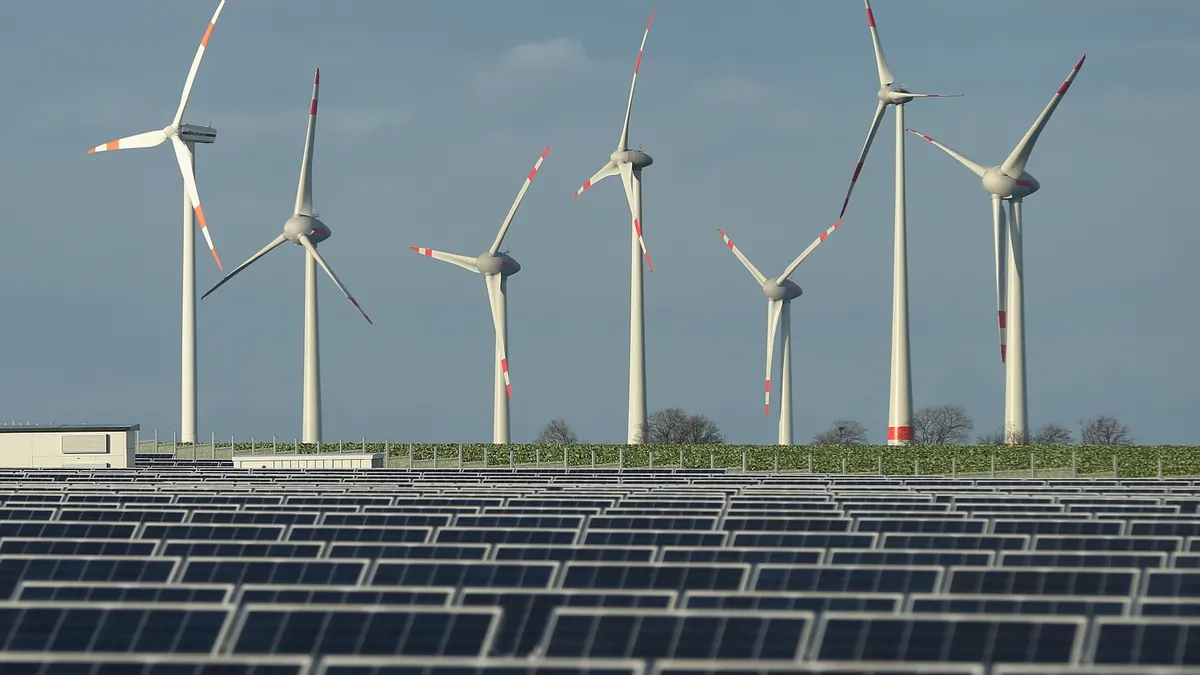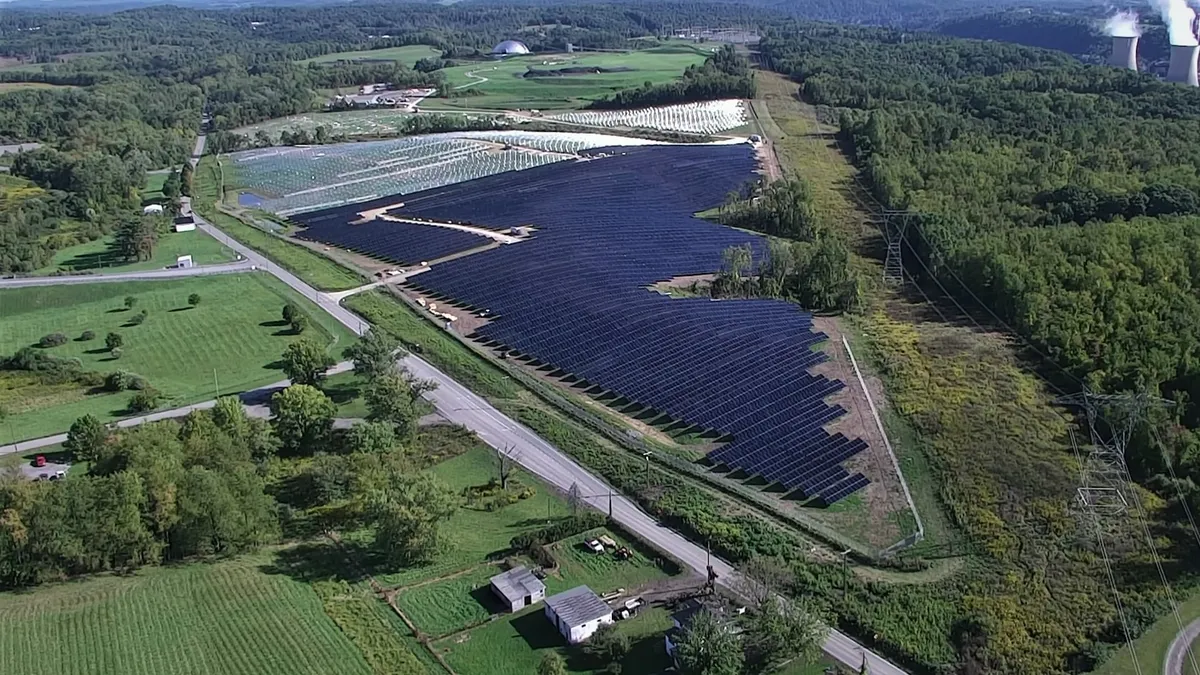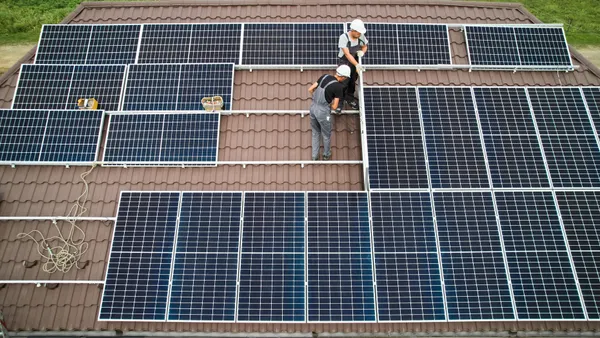A report from Columbia Law School examined legal and regulatory obstacles to renewables projects, finding 228 local restrictions across 35 states as well as 293 projects that have received “significant opposition” in 45 states.
The report, published Wednesday by Columbia Sabin Center for Climate Change Law, expands on similar reports published in 2021 and 2022. Post March-2022, the report says, 59 new restrictions have been adopted and 82 additional projects are being contested.
The restrictions include “temporary moratoria on wind or solar energy development; outright bans on wind or solar energy development; regulations that are so restrictive that they can act as de facto bans on wind or solar energy development; and zoning amendments that are designed to block a specific proposed project,” the authors write.
The 228 local restrictions, along with 9 state-level restrictions, are “so severe” that they could block a renewable energy project in the locality entirely, the report says.
The report found that state-level restrictions are less common and “generally more limited in scope” than local restrictions.
Local restrictions include ordinances that limit the height of wind turbines and rotor length, limits to solar facilities occupying certain categories of farmland, and siting limitations that preclude projects being built near homes.
Two projects were opposed by groups of residents who argued that the project in question would be an “eyesore”: Kentucky’s 100-MW Madison County Solar Farm, and Michigan’s 20-MW Thorn Lake Solar Project. Both projects were eventually approved, though the Michigan project must fulfill certain conditions to move forward, the report says.
Opponents to the Michigan project said it would disrupt the “rural tranquility” of the community. In Colorado’s Pueblo County, residential opponents to the 150-MW Pronghorn Solar Park made similar arguments, saying the solar farm would impede their views of mountains and wildlife and lower property values. County officials denied that project.
Other projects have been opposed due to more specific wildlife concerns: the 162-MW wind energy North Sky River Project in California’s Kern County was approved and completed, but faced a lawsuit in federal court over its potential impact on the endangered California condor.
Vineyard Wind 1, an offshore wind farm under construction off the coast of Massachusetts, has faced several lawsuits that allege insufficient consideration to the North Atlantic right whale. One of those lawsuits was recently dismissed by a U.S. district judge, but three other suits against the project are ongoing.
“The report demonstrates that local opposition to renewable energy facilities is widespread and growing, and represents a potentially significant impediment to achievement of climate goals,” the authors write.












